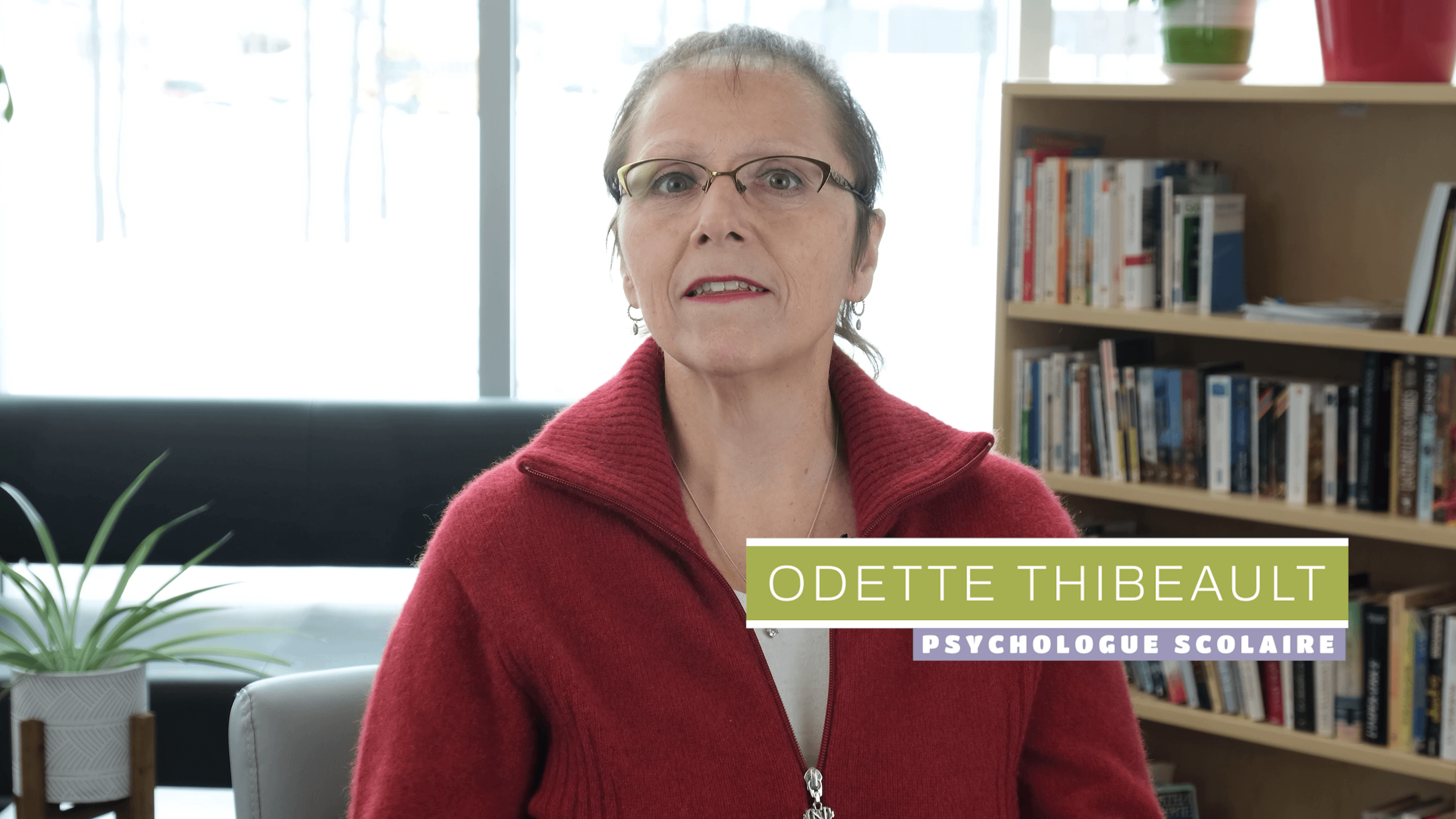Every child is different and will have his own perception of the social situation. A child may have many relationships, but sense that they are superficial or shallow.
As soon as the show distress, it’s time to help.


Action should be taken if you notice your child exhibits:
Signs of anxiety
At-risk behaviours
(substance use, drinking alcohol, using drugs, addictions, excessive screen time, self-harm)
Excessive Irritability
(extreme anger, verbal and physical aggression)
Social withdrawal


Sources :
Gouvernement du Québec, 2018; Dumas, 2013; CYMHIN-MAD, 2010 et Hincks-Dellcrest-ABCs, s.d. dans Gouvernement de l’Ontario, 2013
https://reussirestrie.ca/wp-content/uploads/2022/09/Presentation_Webinaire_Anxiete_16fev2021.pdf
Don’t pressure your child to make friends.
It is important to give him time to develop a desire to reach out to others on his own.


A confident child with good self-esteem is better able to integrate socially.

Your child develops social skills with others by watching you.

Your child has to develop self-awareness to feel socially adept.

Your child spends a large part of time at school and it is a place where he develops

Limit time on screens and social medias (see the topic : Healthy Lifestyle Habits).
Access to social media exposes your child to violent stories, disturbing images and videos, and gives the illusion of having a social life. This can cause feelings of insecurity leading to isolation.
For healthy screen use, visit the PauseYourScreen website.
